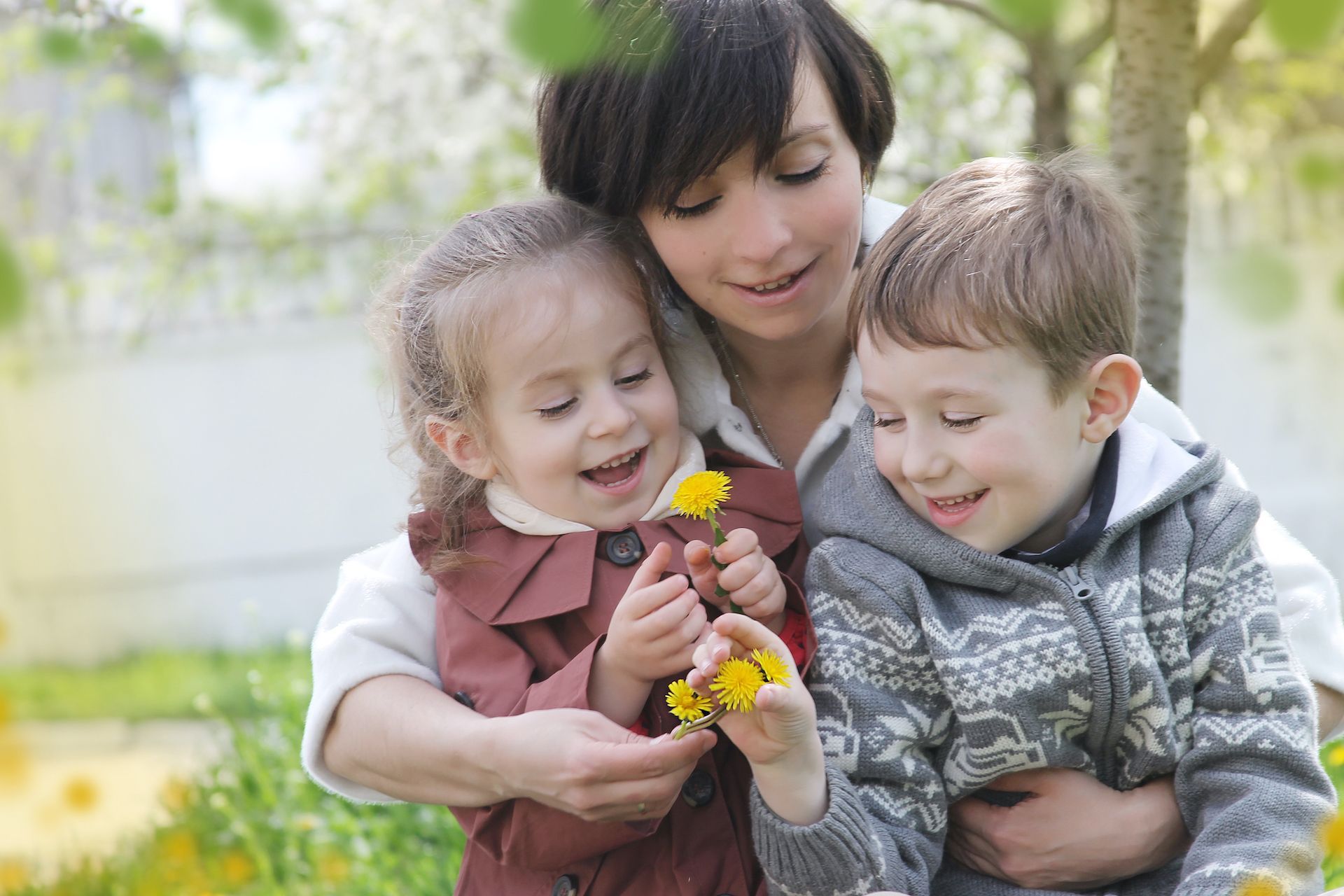Looking on the Positive Side

Our brains are hardwired to look for problems and generate solutions. In The Neuroscience of Change, Kelly McGonigal, a health psychologist and lecturer at Stanford University, explains how this brain state has been helpful for human evolution so we can improve our state of being. Looking for what’s wrong, however, often prevents us from seeing what is good in the present moment.
Because of our negative bias, we can easily become focused on what children need to do better: pick up their clothes, get ready faster, be quieter, solve math problems better, make less mess, and on and on. As a result, our children can easily be bombarded by what they are not doing right.
Clear Feedback & Encouragement
In Montessori environments, we focus on offering clear, accurate feedback and encouragement, which includes acknowledging children’s work and effort. We want children to develop an internal drive so they can be independent, responsible, thoughtful learners and community members.
To support this development, our feedback and encouragement are focused on what is happening for children internally. We acknowledge what children might be feeling and the effort involved. Instead of the focus being on what the adult is feeling, we reflect upon children’s experiences. So rather than saying “I’m so proud of you,” we might say “You look very proud,” or “You worked so hard. Congratulations!”
Phrases of encouragement or positive feedback work best when backed up by evidence. For example, “I noticed how your friends looked relieved when you offered to help sweep up the spilled rice. They seemed to really appreciate your kindness.” Or “I saw how you looked frustrated and then how you took a deep breath. You showed a lot of self-control at that moment.”
State the Positive
Developmentally, young children need to hear requests or reminders framed positively. They need to know the expected behavior and they need us to state what we expected to see. If we say, “don’t hit,” young children cannot easily differentiate between the commands “hit” and “don’t hit.” The last word they hear is “hit,” so that is the image that lasts in their minds. Thus, statements like “don’t run” or “don’t hit” aren’t as effective for our young children.
Rather than saying what not to do, we focus on the behavior we want to see. Statements like “walk, please,” “touch gently,” or “please talk quietly” offer a clear and positive image of what to do. Children hear how to be successful and thus can more easily be successful.
Catch Them Doing Something Right
In addition to these clear directions, we can recast children’s self-image by acknowledging times they are making a good choice. In doing so we are providing our children with positive attention. All too often children get attention when they are engaged in behaviors we don’t like. Children then quickly learn that they need to act out in some way if they want attention. To counter this trend, we need to catch our children doing something right.
Building a Foundation
If we are caught in a cycle of only seeing the negative, one way we can change our outlook is to make a list of all the things our children have done right over the course of a day. When we start noticing and acknowledging the good stuff, we help create a positive feedback loop. Young children also love hearing a story about their day that highlights the positive choices they have made.
In Different Learners, Jane M. Healy, Ph.D., offers a strong reminder about the profound influence we have on our children: “One thing brain research tells us – loud and clear – is that the way we raise and teach our children not only helps shape their brains, but can also influence or even alter the way genes play out their roles.”
In this season of new growth, let’s offer positive reminders and in-the-moment acknowledgments to help our young people develop successfully. By doing so we will also be helping ourselves see the world in a more positive light.
We also encourage you to come to visit our school to hear how the adults and children in our community interact with each other in positive ways!






